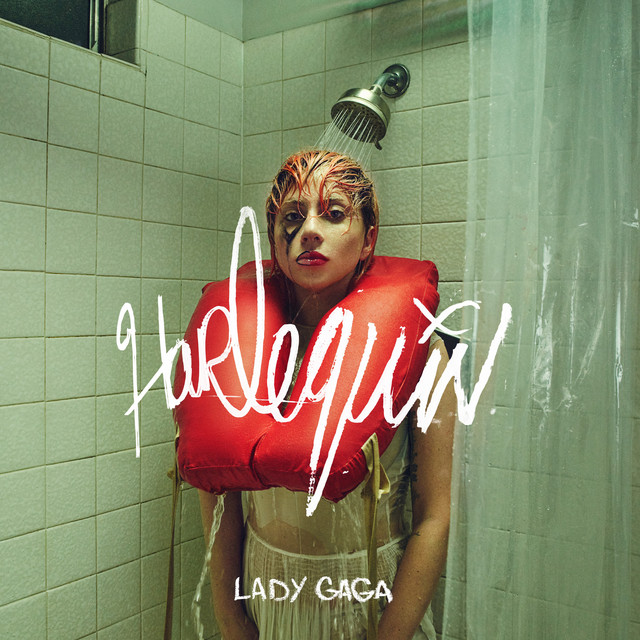Global warming topic of Ag forum
February 24, 1999
Since global warming is a subject of worldwide interest and debate, it was selected as the topic of discussion for this year’s National Forum for Agriculture.
The forum, titled “Climate Change and the Implications for Agriculture and Energy,” will be held at the Scheman Building March 1 and 2.
Stanley Johnson, vice provost for ISU Extension, said the annual conference has three main objectives.
“The forum will allow everyone to take a look at the scientific evidence of climate change, see what the contributions to agriculture are and see what kind of intervention in agriculture is being proposed,” he said. “This forum is designed to help create an informed industry.”
Judith Pim, communications manager of the Center for Agricultural and Rural Development (CARD), said the forum will draw a large body of attendees.
“The conference will be attended by a wide range of players in the agriculture industry, as well as leaders in production agriculture, commodities, rural community leaders, government officials, some educators and students, but most of all, farmers,” she said.
Pim said the conference will provide a place for scientists to show their research on climate change and then allow members of the agriculture community to ask questions.
“The forum is unique because it is more like a debate, really; scientists can present their data and then the farm community can question them,” she said.
Brian Meyer, communications specialist of agriculture information, said the forum began in 1990 as an effort to create a forum of discussion about policies dealing with a topic that impacts agriculture and energy.
“Meetings related to biotechnology and how it affects people existed, so a meeting to discuss climate and the effect it had on energy and agriculture was started,” he said.
CARD and similar organizations have been instrumental in organizing the forum, Meyer said.
This year’s speakers include Bruce Babcock, director of Agriculture and Rural Development; Robert Brown, director of the Center for Coal and Energy; and Michael MacCracken, executive director of the U.S. Global Change Research Program.
The forum costs $50 to attend but is free to the first 100 students who register by Friday.






